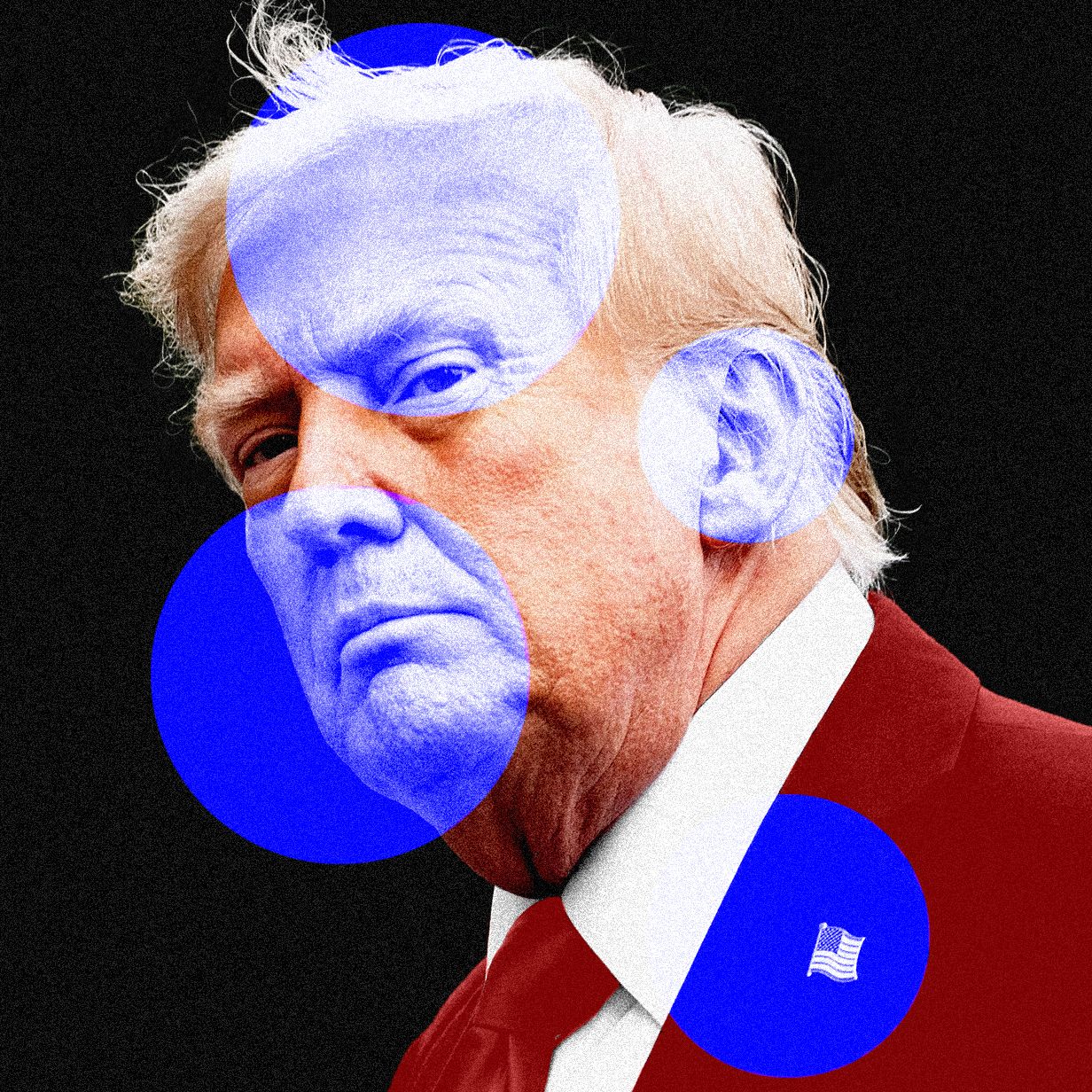Age Verification Laws Send VPN Use Soaring—and Threaten the Open Internet
Age Verification Laws Send VPN Use Soaring—and Threaten the Open Internet
In recent years, many countries have implemented age verification laws for certain online activities, such as…

Age Verification Laws Send VPN Use Soaring—and Threaten the Open Internet
In recent years, many countries have implemented age verification laws for certain online activities, such as accessing adult content or online gambling sites. These laws require users to prove they are of a certain age before being able to access these websites.
As a result, many internet users have turned to Virtual Private Networks (VPNs) to bypass these age verification barriers. VPNs allow users to mask their IP addresses and appear as though they are accessing websites from a different location, thus circumventing age verification requirements.
This increase in VPN usage has raised concerns among policymakers and internet freedom advocates. Some argue that VPNs are essential tools for preserving online privacy and circumventing censorship, while others fear that their widespread use could undermine the effectiveness of age verification laws.
Furthermore, the rise in VPN usage has also led to concerns about the potential negative impact on the open internet. As more users turn to VPNs to access restricted content, internet service providers and content providers may be incentivized to implement more aggressive blocking measures, further restricting access to certain websites.
Moreover, the use of VPNs to bypass age verification requirements could also potentially harm efforts to protect minors from accessing inappropriate content online. Without proper age verification controls in place, children and teenagers may have easier access to harmful or explicit material.
Overall, the debate around age verification laws, VPN usage, and the open internet is complex and multifaceted. Balancing the need for online privacy and freedom with concerns about child safety and regulatory compliance is a challenging task that requires careful consideration and collaboration between stakeholders.
As governments and internet companies grapple with these issues, it is crucial to strike a balance that protects both individual rights and public safety, while also safeguarding the openness and accessibility of the internet as a whole.



